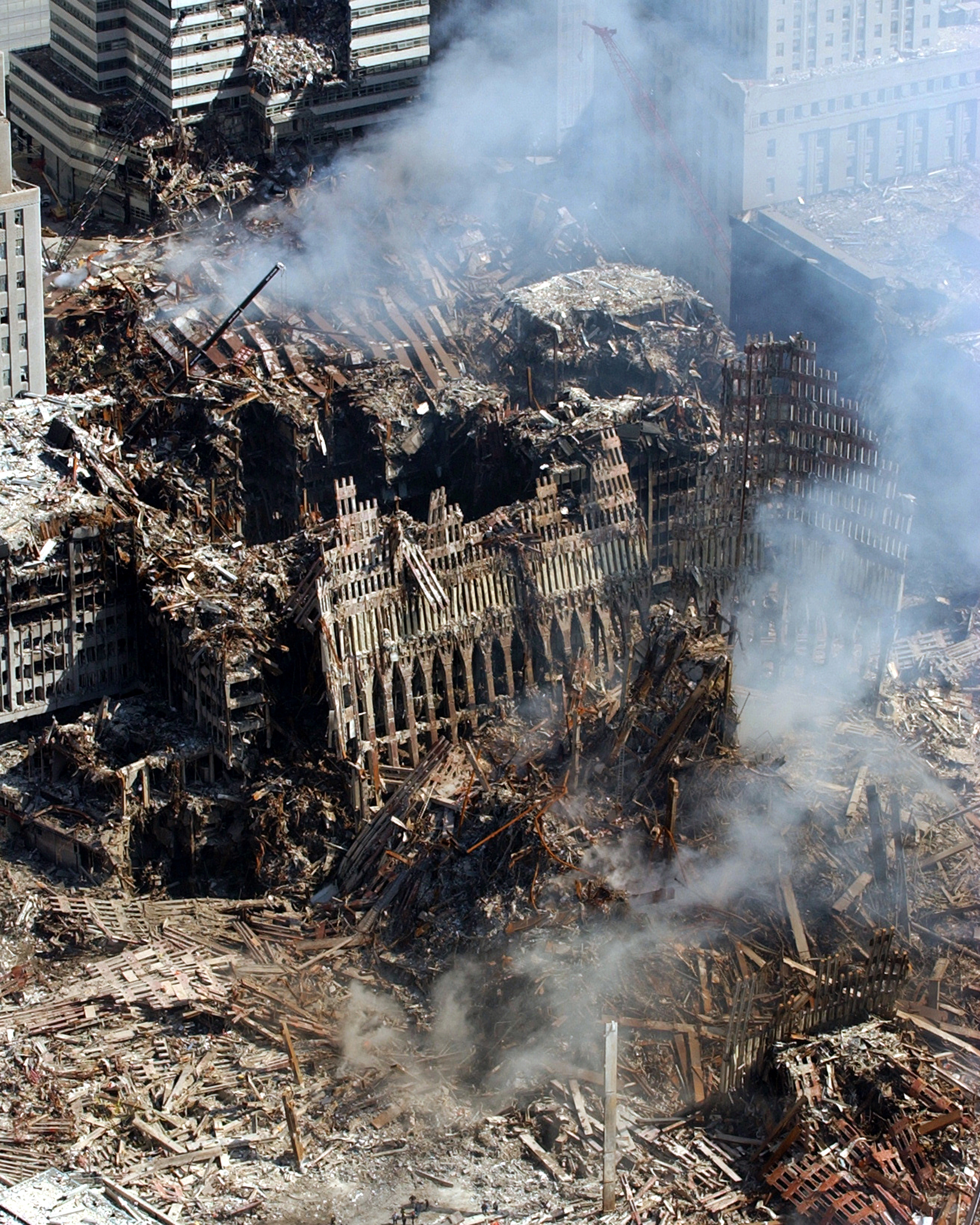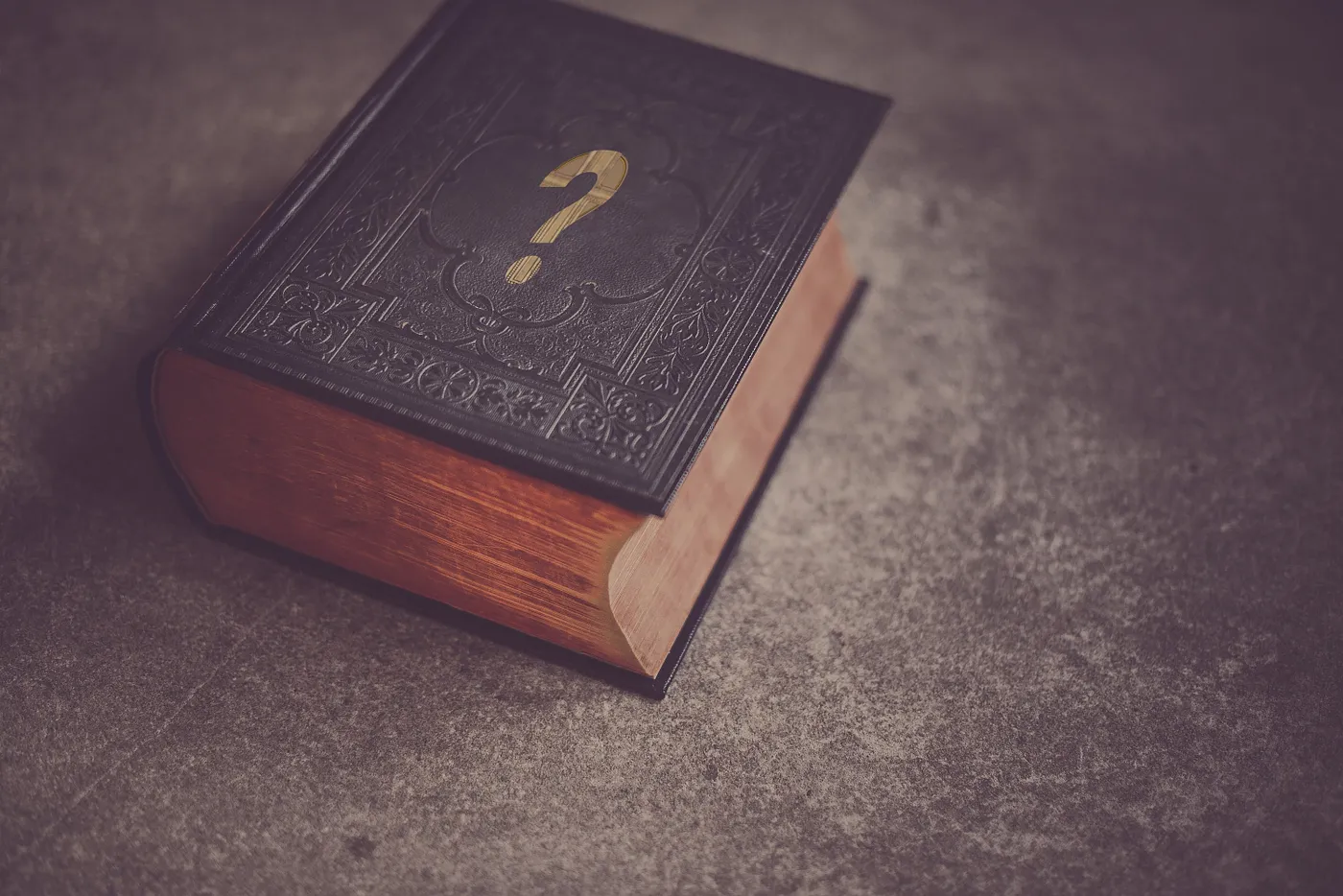What the hell happened?

When New York City's Twin Towers came plunging down on Wall Street, they brought with them the employees and offices of some 280 companies. Six banks, five brokerage houses and three insurance companies had their headquarters in the two skyscrapers, and many more rented prestigious space there. The disaster's effects on the American and global economy were significant, but surprisingly, they were neither unprecedented nor completely devastating.
There are several different ways in which the events of September 11 affected the global economy. First and most obvious are the direct loss of life and property, and the disruption of activities caused by the loss. Second, the loss of confidence that hit businesses and consumers after such a disaster changes the dynamics of the market place. Third, the financial and commodities markets were offset as demand fell, insecurity about the future spread and risks were re-evaluated.It is important to note that the economy was already slowing down before the terrorist attacks, and that the attacks merely strengthened a trend that had begun more than a year earlier. In September 2001, unemployment had risen to nearly five percent for the first time in four years, car sales were down, and the U.S. Federal Reserve Bank had cut the interest rate seven times since the beginning of the year, trying to inspire the economy. In other words, September 11 was a catalyst for changes that were already underway, and the shock and uncertainty that followed added to the downturn.
The killing and material destruction caused by the attacks could be seen live on CNN all over the world, but it was hard to grasp the magnitude from watching the TV screen. Now, as authorities have been given time to do the math, the loss of property has pragmatically been estimated at USD 16 billion. Although human lives can't be measured in dollars, the insurance cost is estimated to another USD 5 billion. To put things in perspective, the dollar cost of the damage inflicted by the terrorists on September 11 is less than that of the damage caused by the 1995 earthquake in Kobe, Japan, or Hurricane Andrew in 1992. Unlike earthquakes or hurricanes, however, the disaster on September 11 was man-made, which adds the potential for repetition and a feeling of uncertainty.
Some of the largest banks, brokerage houses and insurance agencies in the world kept offices in the World Trade Center, and some of them suffered damages from which it was impossible to recover. Investment bankers Keefe, Bruyette & Woods, for instance, had their entire operations obliterated, and the world's largest broker of U.S. government bonds, Cantor Fitzgerald, was the company that experienced the highest number of casualties. Although these tragedies are negligible in a long-term macro-economic perspective, they were intensely felt in the days directly following the attacks.
One problem that was quickly felt by the markets was a lack of liquidity, easily available cash. The trading infrastructure, the communication and money transfer system on which the financial world relies, temporarily broke down with the towers, slowing down settlements of transactions and trades. This in turn led to much uncertainty about the digital situation of money that was stuck in a tech-less limbo, and a surge in demand for liquidity.
The uncertainty also led many investors to rush to liquidate their holdings, to sell an insecure future for money in the hand. A bird in the hand is better than two in the bush, was the reigning sentiment, a philosophy that discourages risk of any sort. This inflated demand for money even more, and prohibited an adequate supply of cash.
This issue was solved rather quickly however, and had little or no long-term effects. Banks and other central actors showed great understanding for the special circumstances, and funded the market by, for instance, giving larger credits than normal.
Even though the problem with liquidity was solved, a lack of confidence in the market, and a subsequent lack of willingness to take risks lingered. Although Christmas consumption and the American tax refund gave consumer spending a sorely needed boost, there were still signs of insecurity. Indicators show that investors are less willing to take risks after September 11, and are more likely to chose to invest domestically over abroad.
Although there is no precedent to call upon in order to measure a drastic fall in certainty, there have been similar dips in the economy. A similar abrupt drop in business and consumer spending happened in the second quarter of 1980, and the market corrected itself in the next quarter. However, the uncertainty back then did not have the same reasons to linger, and as such, the aftermath of September 11 looks more like the markets' reaction to Iraq's invasion of Kuwait, from which it took longer to recover.
Most economists agree, however, that the economy is now getting back on track. There are some who prophesise a "double-dip scenario," with a second downturn in the near future, but they seem to be in the minority.

